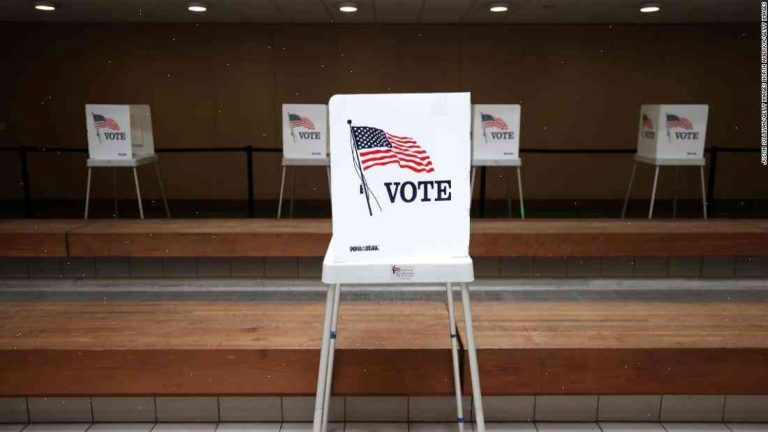By Rick Just, Elena Schneider, Brian A. Willson, and Matt Dayhoff,
Working on weekends to block for elections officials in the United States and around the world, diplomats and electoral experts say they’re doing all they can to bolster voting systems and cybersecurity ahead of the Nov. 6 elections.
A former senior Senate aide who now works for a Swiss nongovernmental organization urged Vice President Joe Biden on Wednesday to take a more forward-looking approach in promoting democracy around the world. “We have to stop with all of the rhetoric and change the way we’re thinking,” said Rosemary DiCarlo, adding that it would be wise to re-evaluate the Electoral College and adjust other countries’ voting systems to comply with those of the United States. “We can’t solve the problem in exactly the same way in different parts of the world.”
At a conference on election reform in New York, Biden vowed to promote voting rights around the world, while acknowledging that preventing Russian interference “goes to the heart of who we are.”
“Some question how seriously we take our commitment to all democracies,” Biden said in his speech.
While Biden could offer concrete new steps for countries around the world to protect their elections, the election security community is anxious for him to deliver new policy specifics about the overall federal government’s role in protecting election infrastructure here in the United States.
The 2016 election, in which Russian operatives interfered with communications with voters and spread fake news stories, highlights just how vulnerable our voter registration systems can be.
The Department of Homeland Security helped protect U.S. election systems in the run-up to the 2016 elections, but the agency has yet to determine how much work remains to fortify American voting systems. In response to congressional concerns about spending billions of dollars to upgrade election systems, DHS will no longer guarantee that critical infrastructure will have “appropriate” systems capable of cybersecurity protection in the future.
Security specialists call that vague language “no firewall whatsoever.”
“I’m definitely worried that the next presidential administration will come in and have a very negative attitude towards improvements in election integrity,” said Dennis DeLisle, research director at the liberal-leaning Brennan Center for Justice.
Such an attitude would mean U.S. elections could once again fall victim to cyberattacks and meddling, experts say. U.S. elections, however, are largely decentralized compared to many of the democracies around the world, and fewer risks exist as a result.
In a different topic of discussion, Rep. Jim Langevin, D-R.I., said he’s worried many people who have voted in New England but now live in the Midwest will again likely find themselves able to cast ballots at polling locations in 2020.
